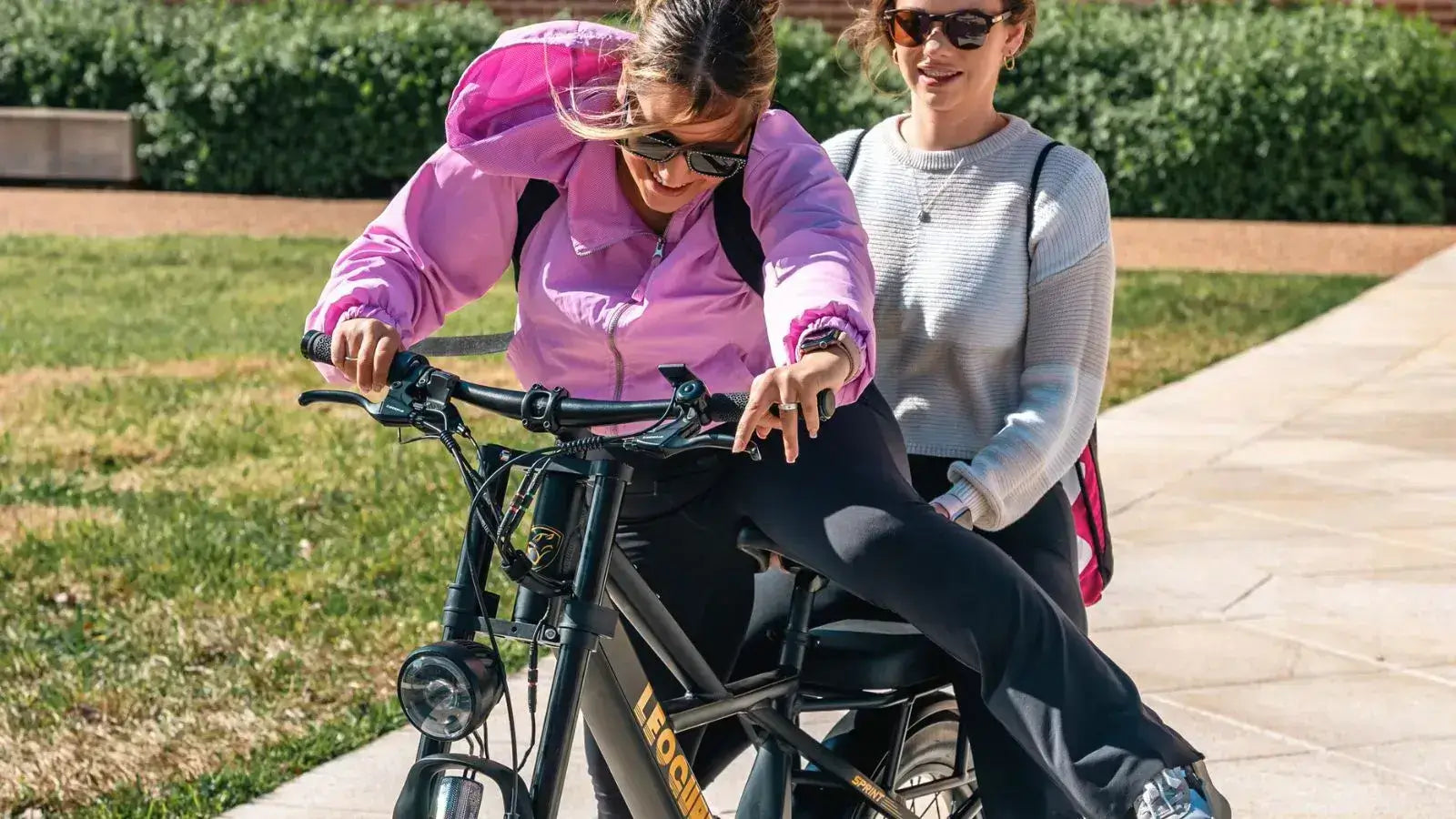
Why Your Bike’s Disc Brakes Squeak and How to Fix Them?
In this article, we’ll explore common causes of squeaky disc brakes, like contamination and heat buildup, and share practical solutions to fix them. Whether you’re a casual rider or a seasoned cyclist, these tips will help keep your brakes in top shape.
What Are Bike Disc Brakes?
Types of Bike Brakes
-
Rim Brakes (e.g., V-brakes): These clamp onto the wheel rim to slow the bike.
-
Disc Brakes: These grip a dedicated rotor attached to the wheel hub, offering better performance in wet or muddy conditions.
-
Mechanical Brakes: Use a cable to transmit force from the brake lever to the caliper.
-
Hydraulic Brakes: Use fluid to transfer force, providing smoother and more precise braking power with less hand effort.
Main Components of a Bike Brake System
-
Brake Cable: A wire that transmits force from the lever to the caliper (for mechanical brakes).
-
Hydraulic Hose: A hose that carries brake fluid in hydraulic brake systems.
-
Caliper: Holds the brake pads and applies pressure to the rotor or rim to create braking force.
-
Brake Pads: The friction material that contacts the rim or rotor to slow the bike.
-
Rotor: A metal disc attached to the wheel hub that the brake pads clamp onto in disc brake systems.

How to Fix Squeaky Bike Disc Brakes?
Contamination
One of the primary reasons disc brakes squeak is contamination. Brake rotors and pads can easily pick up dirt, oil, or grease from the road or your hands. When these contaminants come into contact with the brake surfaces, they produce an unpleasant squealing sound.
Solution: Clean the Rotors and Pads. To fix this, always wear gloves when handling the rotor. Use a specialized brake cleaner to wipe down the rotors, making sure to remove any dirt, grease, and fingerprints. For the brake pads, give them a light sanding to get rid of any buildup. Just be careful not to get them dirty again!
Misalignment
Misalignment of the brake calipers or rotors can also lead to squeaking. If the calipers are not properly aligned with the rotors, it can cause uneven pressure and friction, resulting in noise.
Solution: Align the Calipers Properly. Loosen the caliper bolts slightly, then squeeze the brake lever to center the caliper over the rotor. While holding the lever, retighten the bolts to ensure even pressure on both sides of the rotor.

Glazed Brake Pads
Brake pads can become glazed due to overheating or excessive use. When the pads' surface becomes smooth and shiny, it reduces their effectiveness and can cause squeaking.
Solution: Bed in the Brake Pads. Bedding in new brake pads is essential to ensure optimal performance and reduce noise. Ride your brake cable ebike at moderate speed and gently apply the brakes several times, gradually increasing the pressure. This helps the pads conform to the rotor's shape and improves braking efficiency.
Worn or Damaged Components
Worn-out or damaged brake pads and rotors are less effective at stopping your bike and more likely to produce noise. Regular wear and tear can lead to thinner pads, warped rotors, or even cracks.
Solution: Check and Replace Worn Components. Inspect your brake pads and rotors for signs of wear or damage. If the pads are worn down to less than 1.5mm or the rotors are warped or cracked, it's time to replace them. Regular maintenance and replacement of these components will keep your brakes functioning smoothly.
Water and Heat
Exposure to water can also cause squeaking, especially when riding in wet conditions. Additionally, heat generated from heavy braking can lead to warping, resulting in noise.
FAQs:
Yes, new disc brakes may squeak initially due to the bedding-in process, where the brake pads and rotors need to adjust to each other. This should settle down after some use.
No, it’s best to use specialized brake cleaners. Regular cleaners may leave residues that can worsen squeaking or affect braking performance.



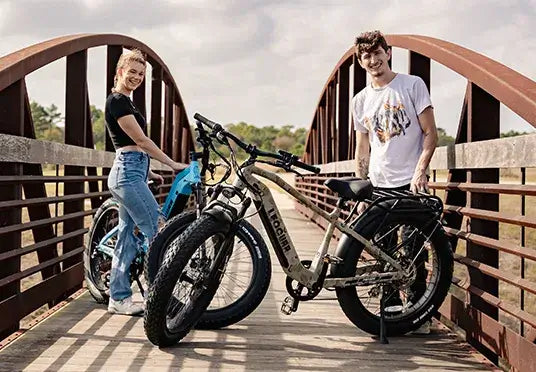
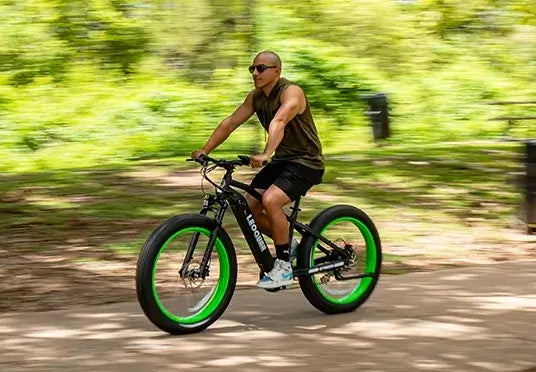
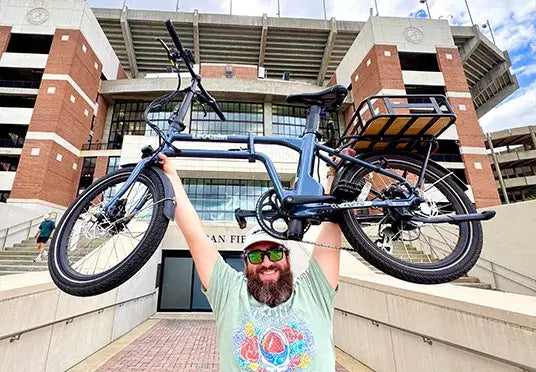

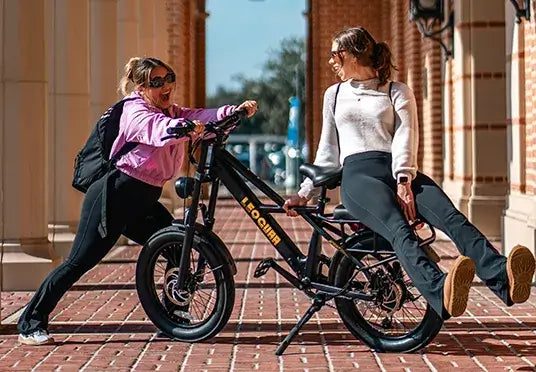
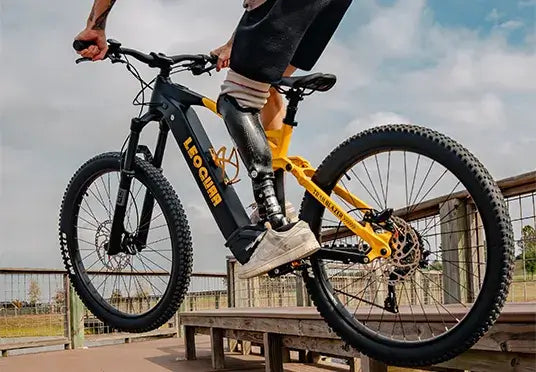
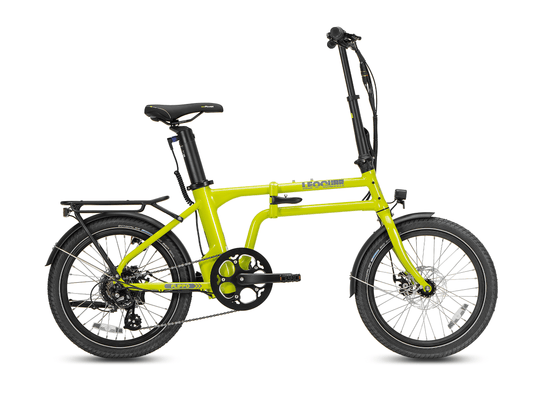
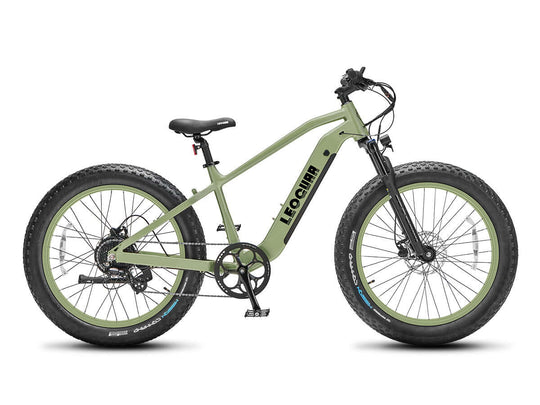
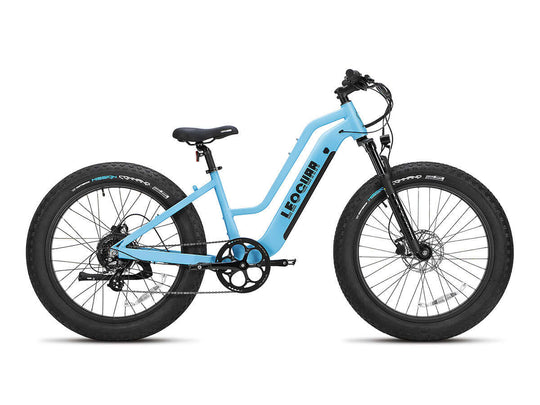
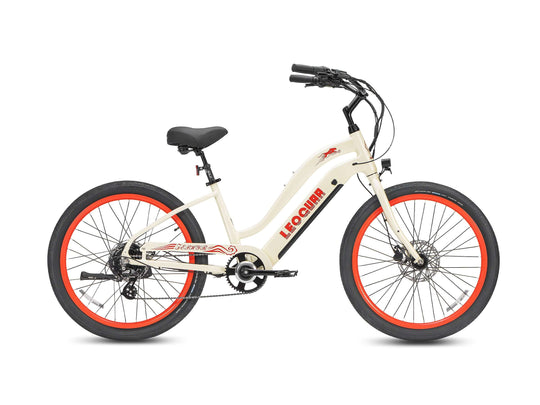
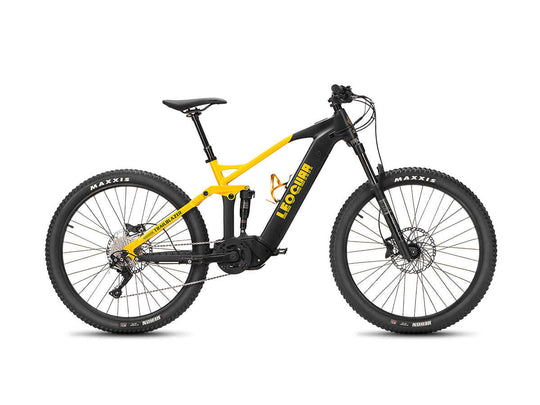
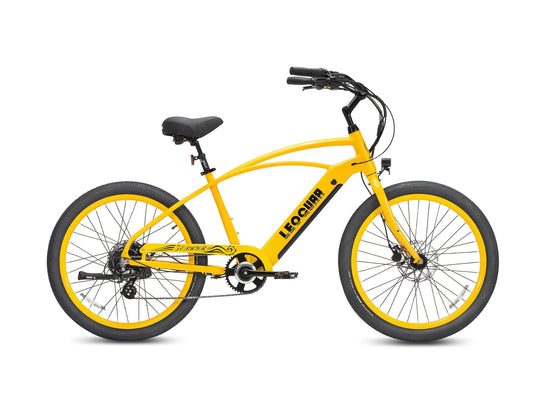
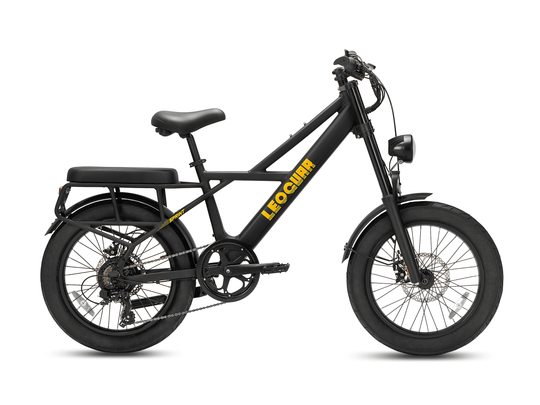
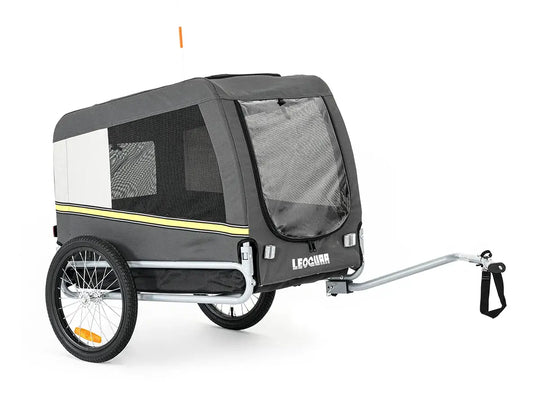
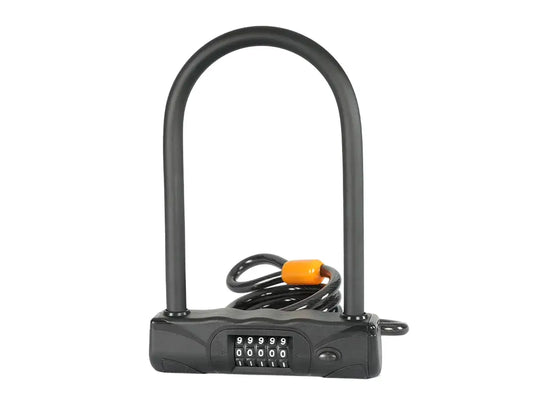
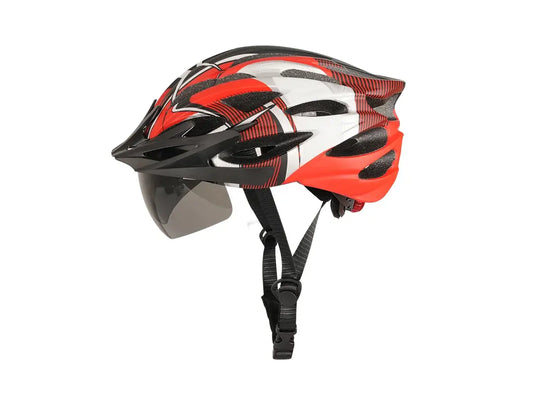
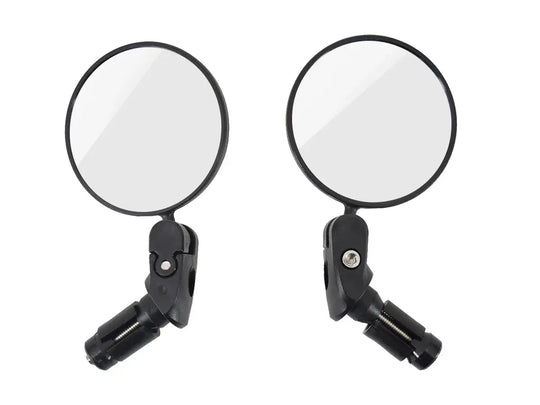
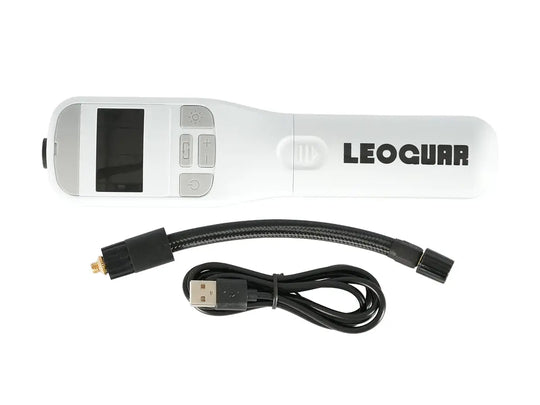
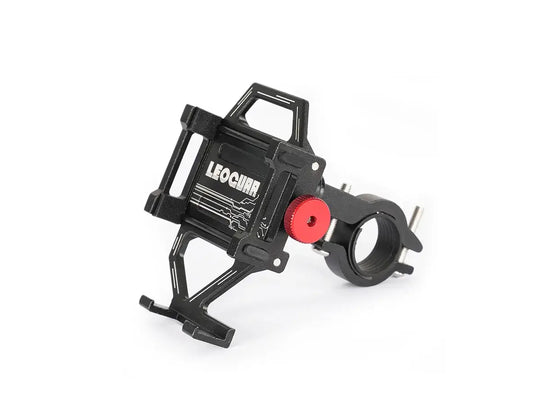
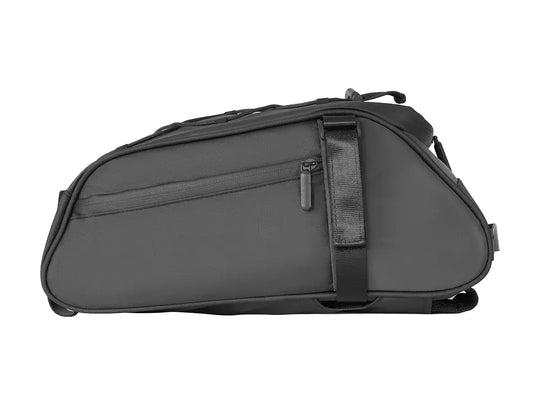
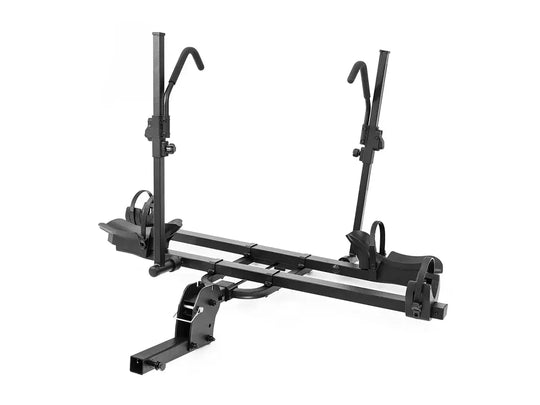
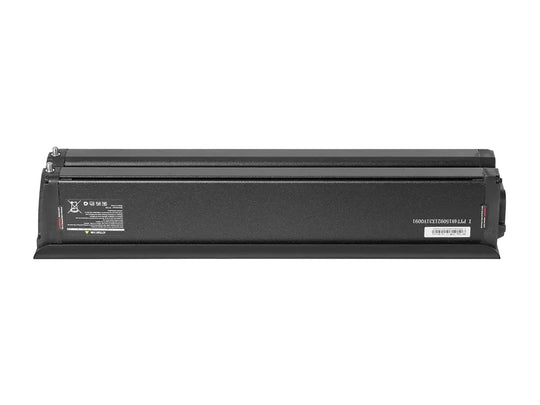
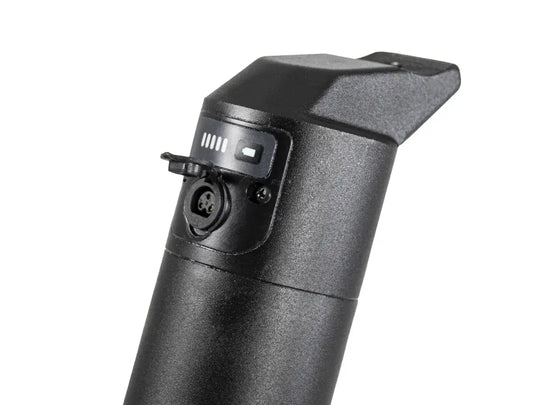
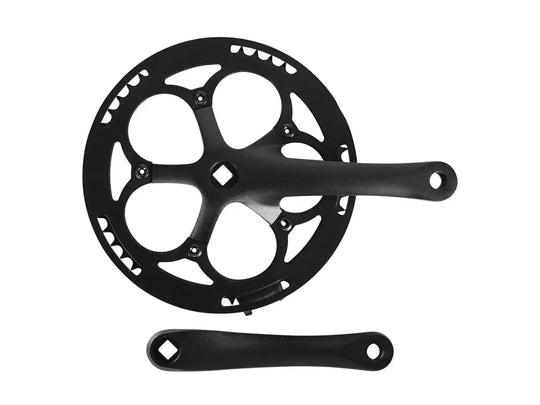
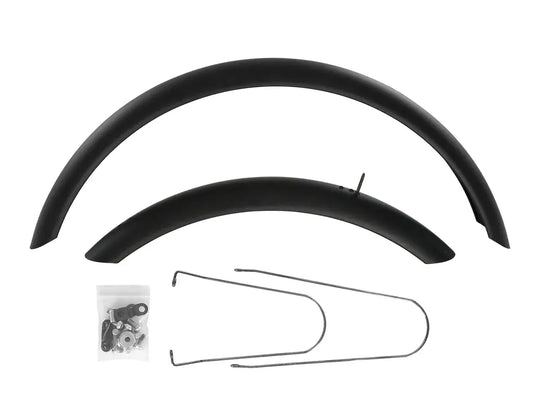
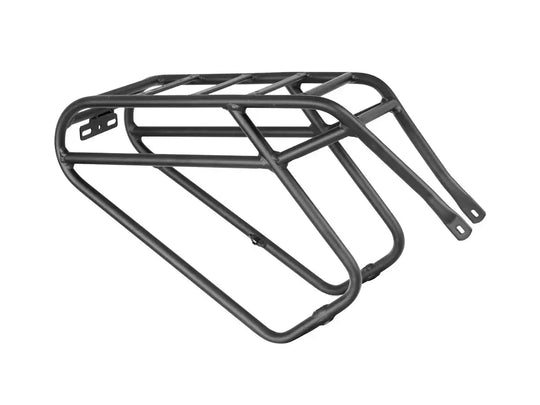
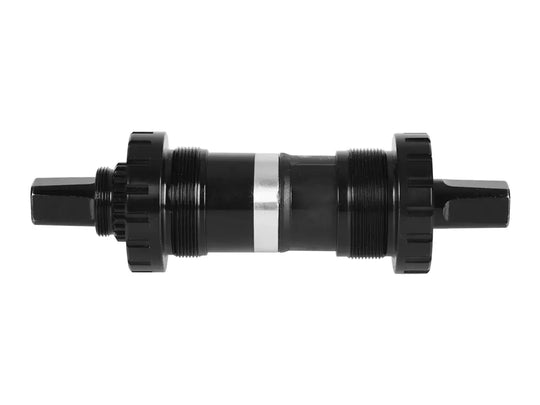
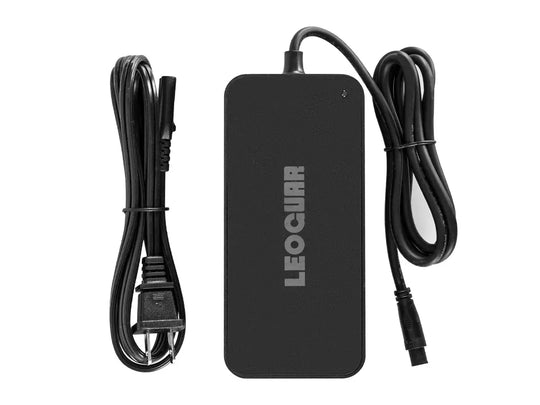
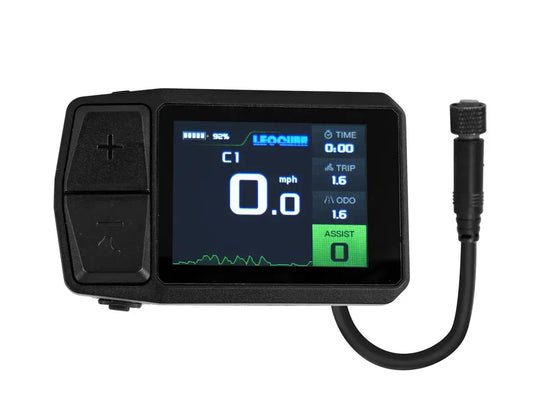
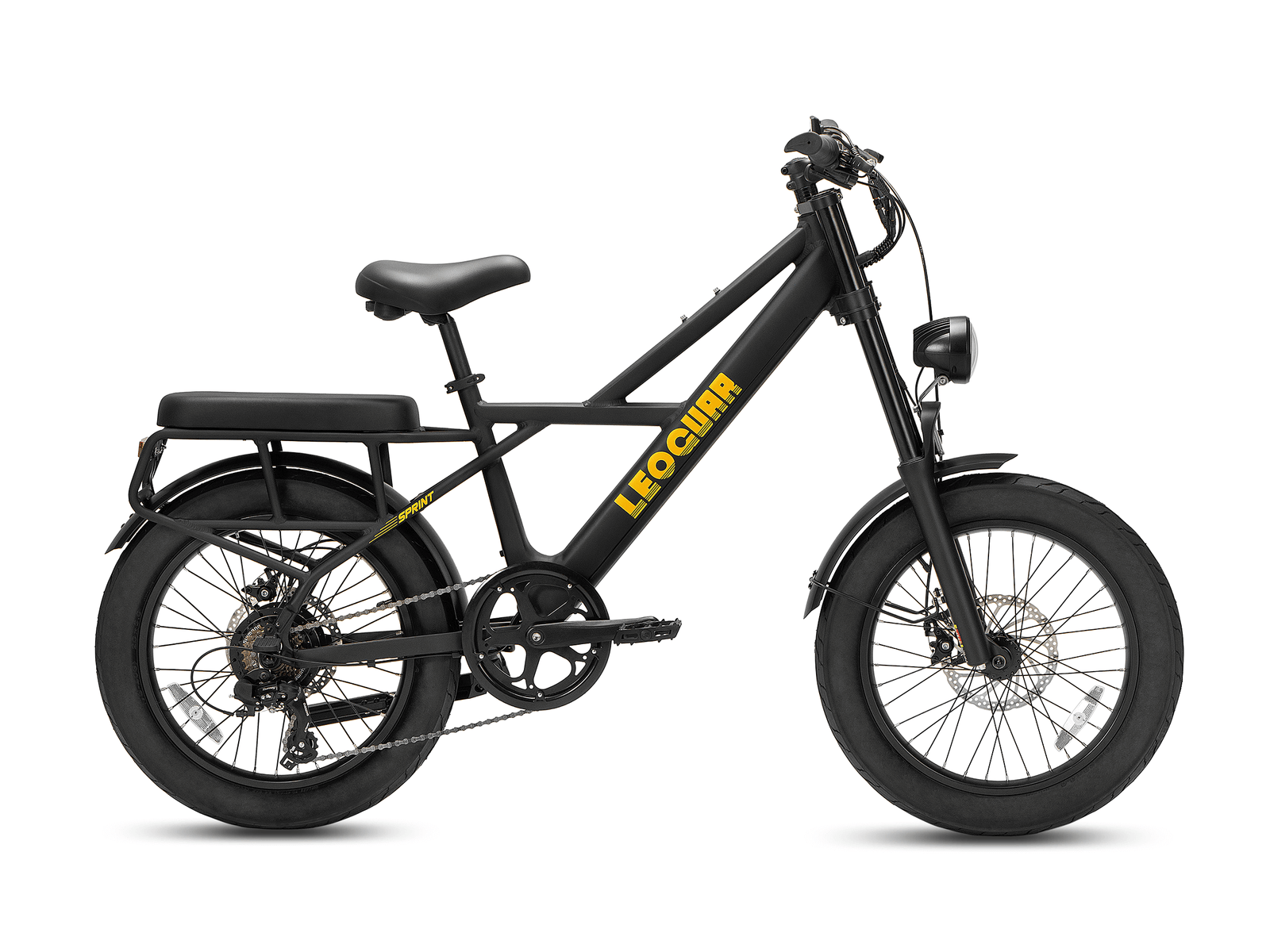







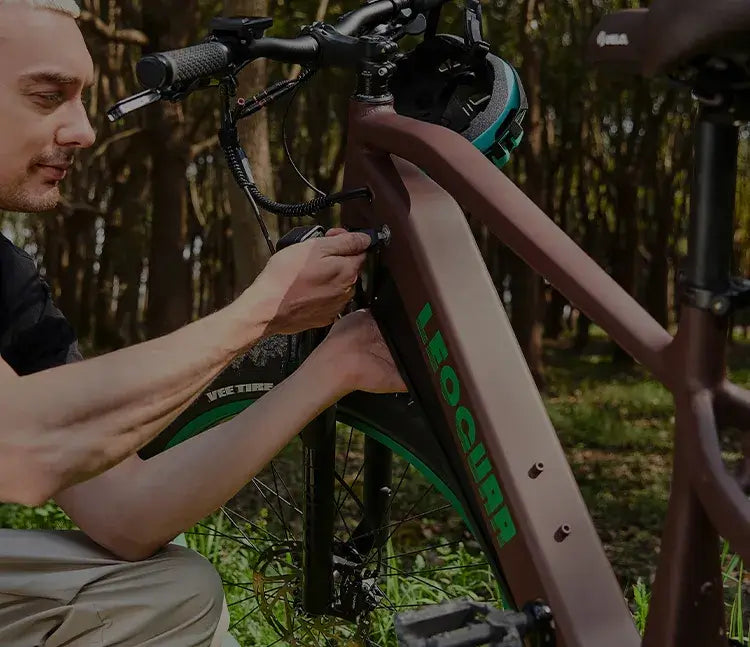
Leave a comment